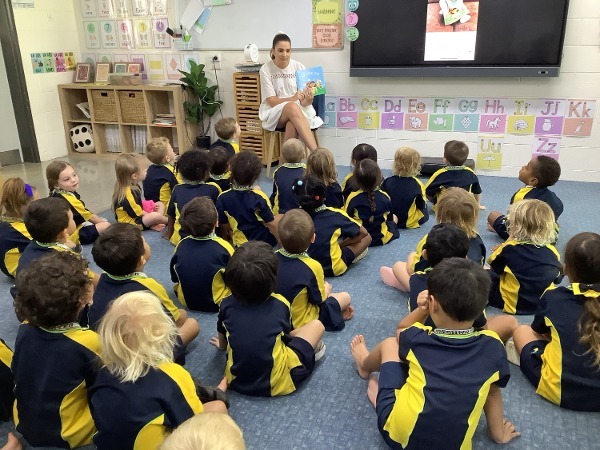
Choosing the right school for your child is one of the most important decisions a parent can make. While many factors come into play when making this decision, one option that often comes up is whether to send your child to a private school. Private schools offer a unique educational experience that can be very beneficial for some children.
In this guide, we will explore the benefits of private schools and help parents make an informed decision when choosing the right school for their child. You can type the "private schools near me" in your browser's search box to find the best school in your area.
One of the key benefits of private schools is the smaller class sizes. With fewer students in each class, teachers can provide more personalized attention to each child. This can help students who may need extra support or have specific learning needs. Smaller class sizes also allow for more meaningful student-teacher interactions, creating a more engaging and interactive learning environment.
Private schools also tend to have more resources available to their students. From state-of-the-art facilities to specialized programs and extracurricular activities, private schools often have more to offer in terms of resources and opportunities. This can help students explore their interests and talents beyond the traditional curriculum, leading to a well-rounded education that goes beyond just academics.
Another benefit of private schools is the focus on individualized learning. Private schools often have the flexibility to tailor their curriculum to the needs of each student, allowing for a more personalized approach to education. This can be especially beneficial for students who may have unique learning styles or preferences. By catering to the individual needs of each student, private schools can help them reach their full potential and excel academically.
Private schools also tend to have a strong sense of community and a supportive environment. With a smaller student body, students are able to form closer relationships with their peers and teachers. This sense of community can create a nurturing and supportive environment where students feel valued and encouraged to succeed. Additionally, private schools often have tight-knit alumni networks, which can provide students with valuable connections and opportunities after graduation.
One of the concerns that parents may have when considering private schools is the cost. Private schools typically come with a hefty price tag, which can be a barrier for some families. However, many private schools offer financial aid and scholarship opportunities to help make their education more accessible to a wider range of students. It is important for parents to explore these options and see if they qualify for any assistance that can help offset the cost of tuition.
When considering private schools, parents should also take into account the school's values and philosophy. Private schools often have a specific mission or educational approach that guides their teaching methods and curriculum. Parents should research the school's values and principles to ensure that they align with their own beliefs and goals for their child's education. By choosing a school that shares their values, parents can feel confident that their child will receive an education that reflects their priorities and aspirations.
In conclusion, private schools offer a variety of benefits that can greatly impact a child's educational experience. From smaller class sizes and personalized attention to more resources and a supportive community, private schools provide a unique learning environment that can help students thrive academically, socially, and emotionally. While the cost of private schools may be a concern for some families, it is important to explore financial aid options and consider the long-term benefits that a private school education can offer. By carefully researching and evaluating the options available, parents can make an informed decision that will set their child up for success in the future.